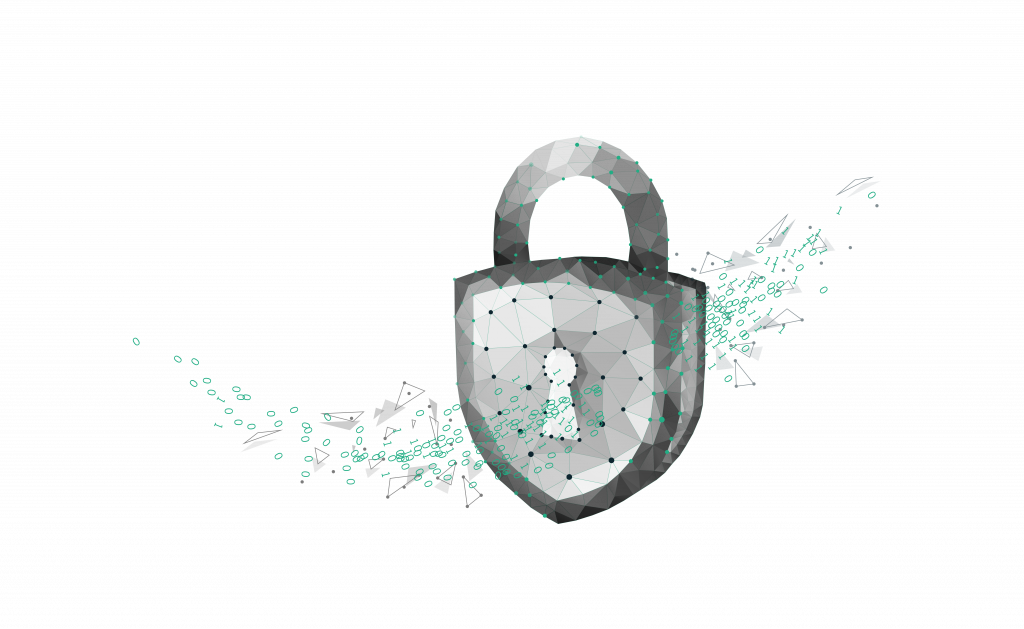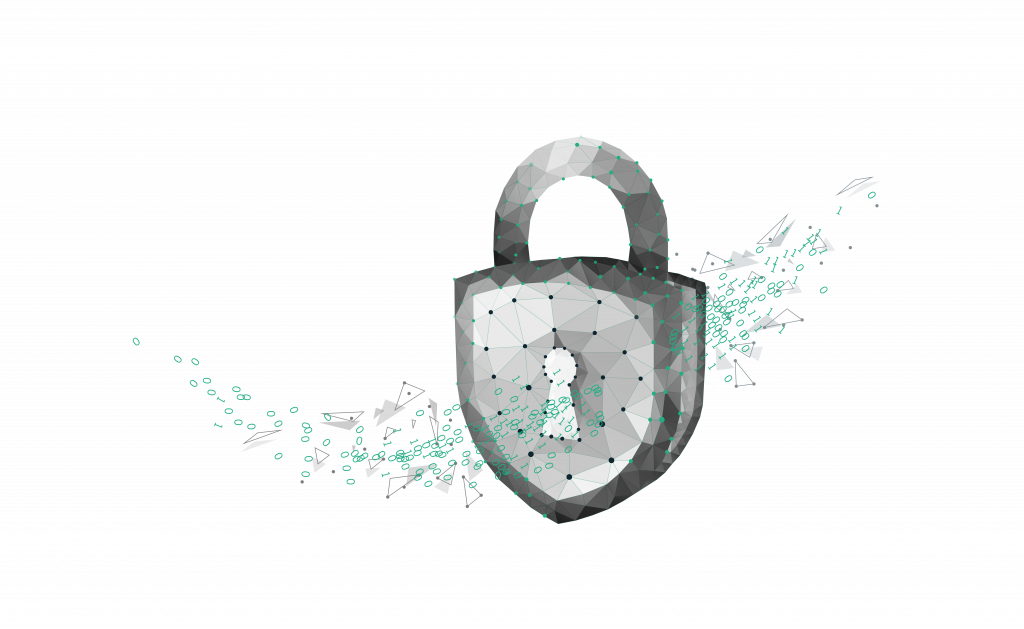Cloud Tenant
Table of Contents
Cloud Tenant
The cloud has revolutionised the way companies operate their IT infrastructures. Cloud tenants play a crucial role in this and have become a central part of many organisations' business strategy. We take a closer look at cloud tenant management and why it is critical to the security of your business environment.
Before we look at management, let's first clarify what exactly a cloud tenant is. A cloud tenant refers to a virtual container or instance in the cloud that is assigned to a specific organisation or customer. Resources such as virtual machines, databases and applications can be operated within this container. Cloud tenants allow organisations to isolate their workloads in a shared cloud infrastructure and still benefit from the advantages of scalability and flexibility.

Best practices for our cloud tenant management
Safety and insulation
Cloud tenant management makes it possible to strictly isolate resources. This is crucial to ensure that an organisation's data and applications are protected from unauthorised access. Effective management ensures that data integrity and confidentiality is maintained within the tenant.
Resource optimisation
By precisely allocating resources within a tenant, companies can utilise their cloud resources more efficiently. This leads to optimised performance and better cost control.
Compliance and conformity with regulations
In regulated industries in particular, it is essential to adhere to compliance requirements. Cloud tenant management enables companies to maintain control over their data and ensure that legal regulations and standards are adhered to.
Flexibility and scalability
Well thought-out cloud tenant management offers the flexibility to scale resources as required. This is particularly important for companies that operate in a dynamic business environment and need to adapt quickly to changes.
Strict access controls
M365 offers advanced protection against phishing attacks. Real-time analyses and detection of fraudulent emails eliminate potential threats.
Data Loss Prevention (DLP)
The cloud enables precise monitoring and control of sensitive data in emails. M365 integrates DLP functions to ensure that sensitive information is not transmitted without authorisation.
Multi-factor authentication (MFA)
The implementation of MFA for email access in M365 ensures that even if passwords are compromised, an additional security factor protects access.
Sascha Pfeiffer
Distribution

Get non-binding advice now!
Discover how digit solutions can take your organisation to the next level of digital excellence. Contact us today for a customised consultation!
Telephone extension
Sascha Pfeiffer
Sascha Pfeiffer
Phone
E-mail
Office address
A-30 Centre, Ringstr. 36, D-32584 Löhne



